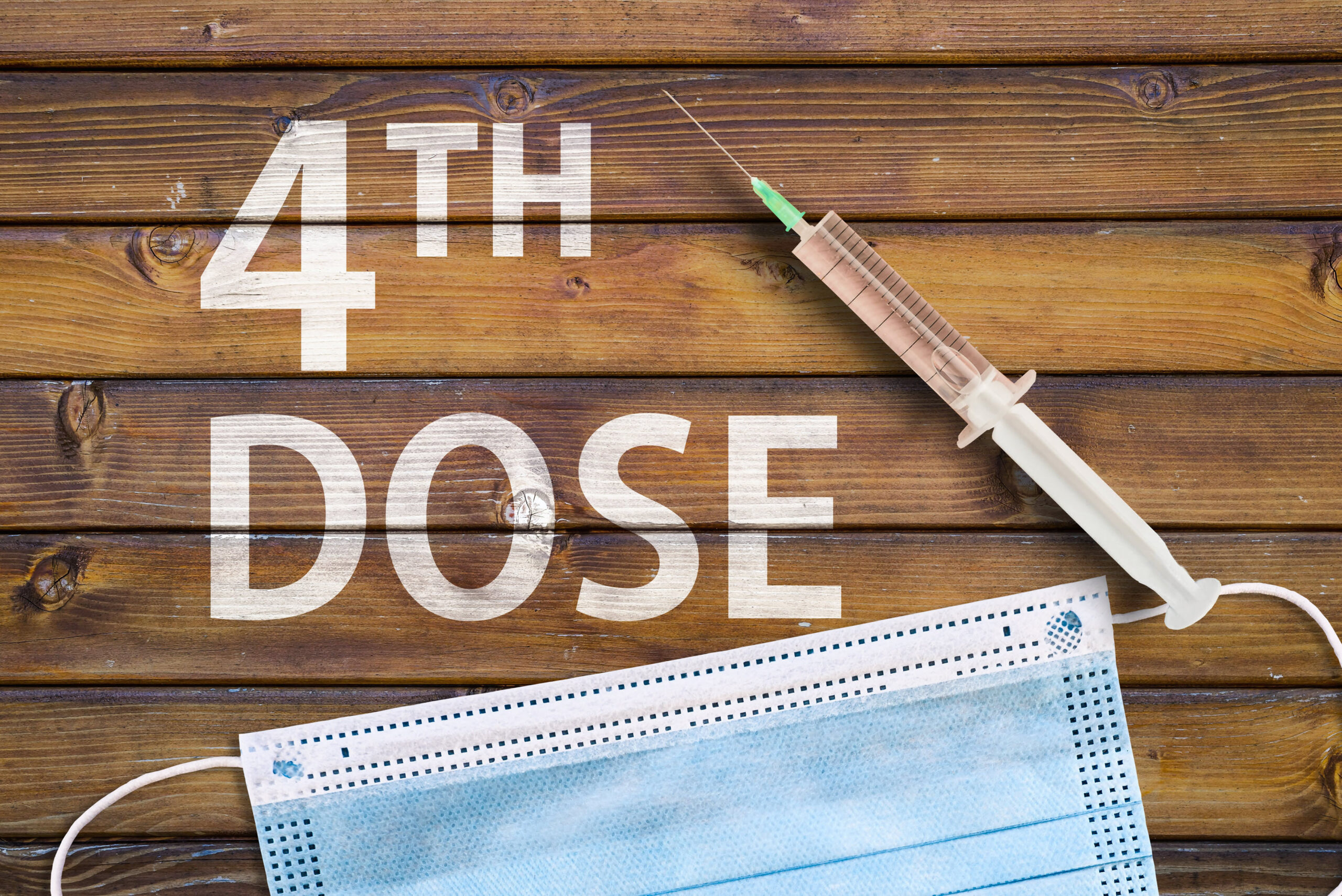As families return home from Spring break travel and more people visit loved ones with an easing of COVID restrictions, experts are carefully watching infection rates of the BA.2 (Stealth) sub-variant of Omicron. The highly transmissible strain of Coronavirus has surged in Western Europe and now that older adults are reaching the 4 to 6-month mark after their last booster vaccination, the FDA has just authorized a second COVID booster for people over the age of 50.
Research has shown that protection from three doses of the Moderna or Pfizer-BioNTech COVID-19 vaccines is beginning to fade. Vulnerable populations, including older adults, could be at greater risk for serious illness and hospitalization if another Coronavirus surge occurs. But some scientists feel uncertain that a fourth dose would provide lasting, stronger protection against severe disease.
Critics of the plan to roll out a second booster for older adults say that attention should be focused on getting people who have not been vaccinated their first and second doses. According to CDC data, 59 percent of the U.S. population over 65 have received a booster dose and 88 percent are fully vaccinated.
The Centers for Disease Control and Prevention has no recommendation for a fourth dose of coronavirus vaccine for the general public but its updated guidelines include a fourth dose of a Moderna or Pfizer vaccine for people who are moderately or severely immunocompromised.
Today’s announcement from the FDA also included an update for people who are immunocompromised – they are now eligible for an additional booster and can receive a total of five shots. Because of the debate about the timing of a fourth dose, if you have any questions, talk with your doctor to assess if or when to get a second COVID booster shot. Those who were infected with the Omicron variant during the winter surge may not need another shot now but could benefit from one in the fall.






Add Your Voice
0 Comments
Join the Discussion